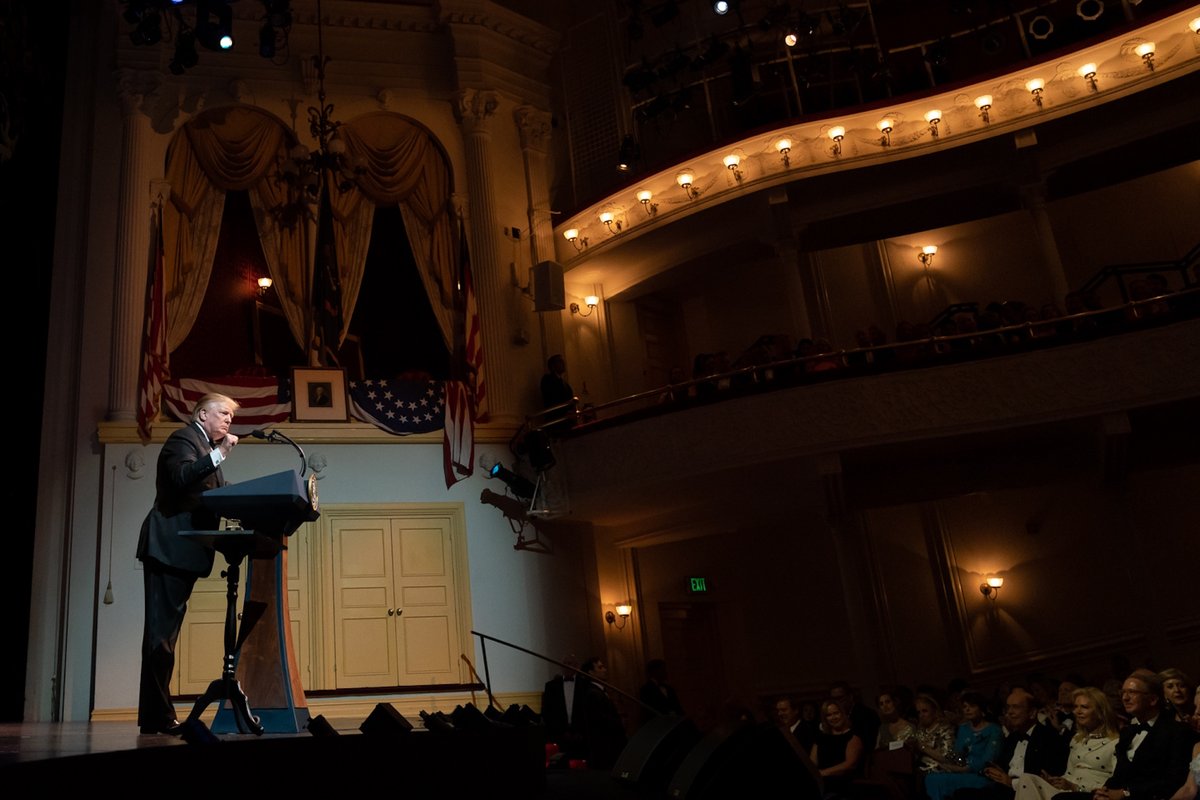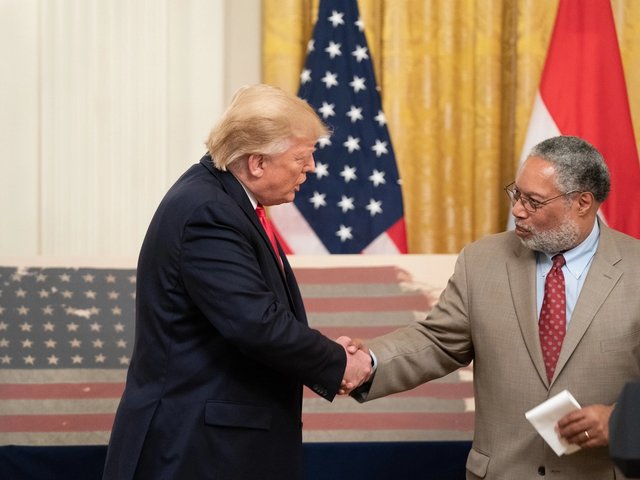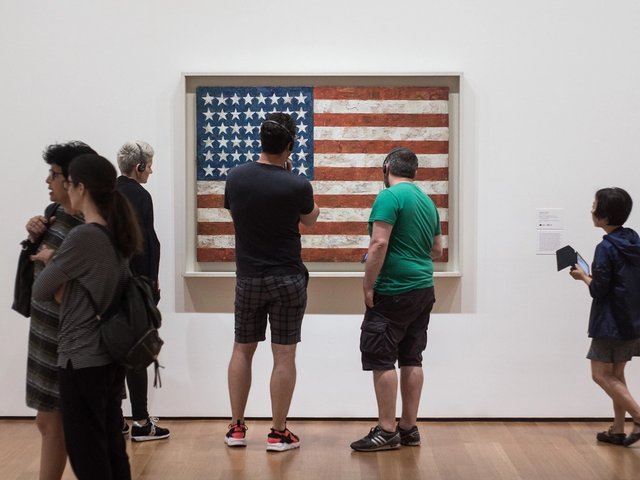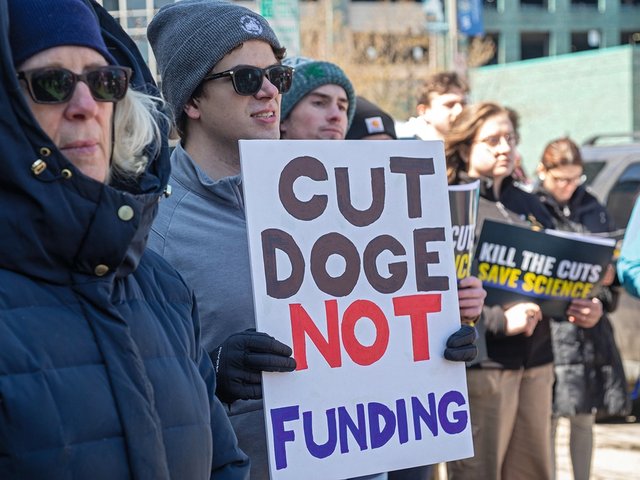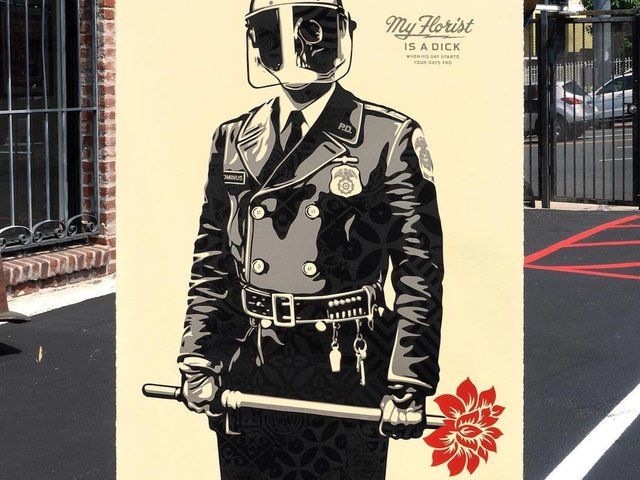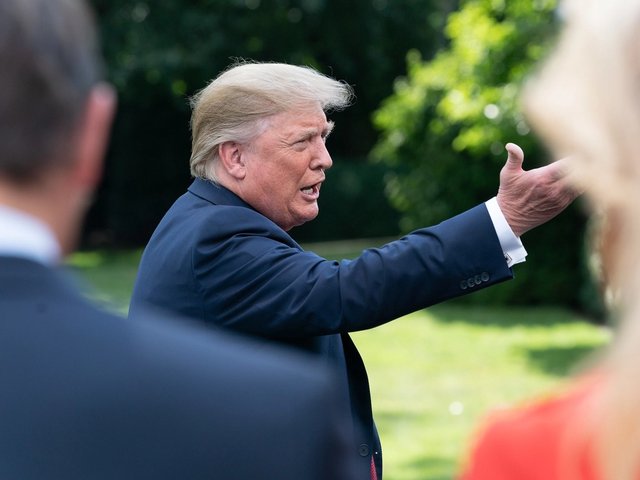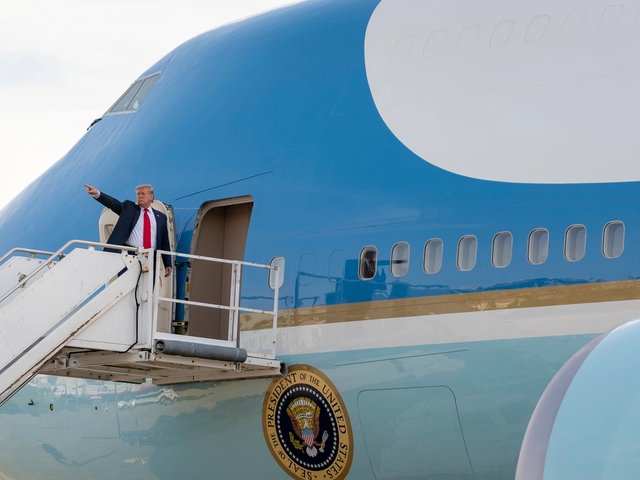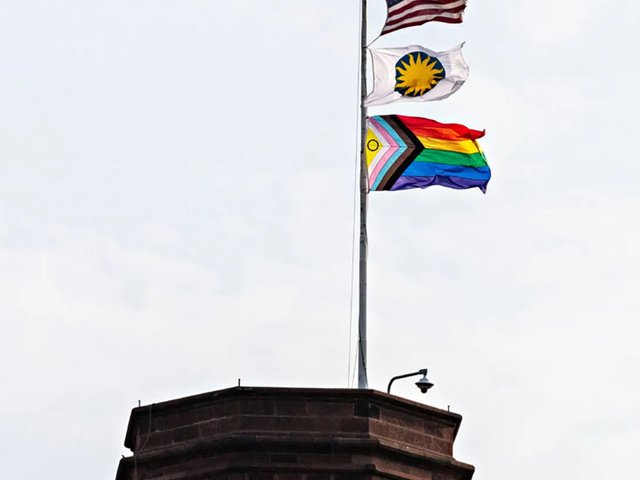More than 150 cultural organisations and, as of writing, more than 320 artists and cultural workers have signed a public statement affirming their “commit[ment] to resisting external pressures” and that they will “stand with fellow institutions facing political pressure”.
The statement was organised by the National Coalition Against Censorship (NCAC) and the Vera List Center for Art and Politics (VLC) at the New School. It does not name the US president, Donald Trump, cite his pressure campaigns against the Smithsonian Institution and the John F. Kennedy Center for the Performing Arts, or mention the deep cuts made to the National Endowment for the Arts (NEA), the National Endowment for the Humanities (NEH) and the Institute of Museum and Library Services (IMLS) by his administration and the Department of Government Efficiency, but it was precipitated by the Trump administration’s actions and policies.
“Arts and cultural institutions across the United States—whether or not they are directly impacted by shifts in policy or the withdrawal of government funding—face increasing pressure on their programming decisions,” Elizabeth Larison, the director of the NCAC’s arts and culture advocacy programme, said in a statement. “In this moment of fear and uncertainty, it is important for cultural institutions and cultural workers to act with courage, recommit to their missions, and not forget their reasons for doing the work they do. Pre-emptively adjusting programmes to appease would-be government censors will erode the integrity of our cultural institutions and the independence of the field as a whole.”
The statement grew out of a convening of cultural leaders organised by the NCAC and VLC in May to discuss recent and ongoing threats to artistic freedom, curatorial independence and institutional autonomy. That gathering led a subset of the attendees to draft a statement affirming their core principles and shared commitments to freedom of expression.
“Exercising programmatic autonomy is essential to preserving institutional purpose and resilience in the face of ideological pressure,” the statement reads, in part. “If institutions don’t live up to this mandate, they risk becoming instruments of propaganda and subject to the whims of those temporarily in power.”
Organisations that have signed the statement include institutions in states and cities controlled by Democrats, like New York (where signatories include the Museum of Contemporary African Diasporan Arts and the College Art Association) and California (where the Japanese American National Museum in Los Angeles and the Bay Area Book Festival have signed). But organisations in Republican-controlled states have signed on as well, including the contemporary-art organisation Diverseworks in Houston, Texas, and the Alabama Arts Alliance.
“Our field as a whole, regardless of funding sources, needs collective action and courage as we face an environment of increasing censorship and retaliatory rhetoric regarding socially and politically engaged art,” Carin Kuoni, the senior director and chief curator at the VLC, said in a statement. “Culture and cultural diversity are at the core of democracy. For both privately run and non-profit organisations, our mandate is to maintain our programmatic independence, so we can serve the public. That is what democracy demands from us.”
The new statement—officially titled “Cultural Freedom Demands Collective Courage: A Nation-Wide Statement of Values and Principles for the Field of Arts and Culture”—is a rare instance of coordinated resistance to the Trump administration’s efforts to influence cultural programming and funding, which have been met with mostly piecemeal resistance from the cultural sector. It comes as Trump has redoubled efforts to bend cultural organisations in Washington, DC, and beyond to his will.
The president has remade the Kennedy Center to such an extent that he recently joked about renaming it the “Trump Kennedy Center”, an off-the-cuff remark that reflects actual legislation proposed by a representative from Missouri in July. He is also in the midst of pressuring the Smithsonian and the 21 museums it oversees to change their programming to match his patriotic and exceptionalist view of US history and culture. Trump’s appointees have laid off scores of staff at the NEA, NEH and IMLS—the three agencies that distribute the bulk of federal arts funding in the US—and redirected grant monies to support his priorities, including a planned patriotic sculpture park.


